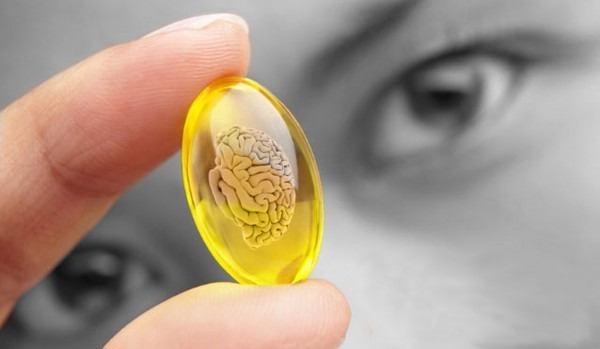When Healthcare ignores Mental Health: 200 common prescription medications increase depression risk
 ___
___
Many Americans taking common meds that may cause depression, study finds (CBS News):
“More than one-third of U.S. adults are taking prescription medications that may lead to depression, new research finds. The study, published in the Journal of the American Medical Association, warns that depression is a potential side effect of more than 200 commonly prescribed medications, including beta blockers for blood pressure, birth control pills, antacids, and painkillers.
The researchers found that 37 percent of Americans are taking at least one these drugs. The likelihood of depression also increased the more drugs people used.
For the study, the researchers analyzed data from a survey of more than 26,000 Americans over the course of nine years. They asked the participants to look at their medicine cabinets at the prescription drugs they had used within the last month and screened them for depression…
The bottom line? “Talk to your pharmacist. Talk to your doctor,” Narula said. “Ask questions.”
The Study:
Prevalence of Prescription Medications With Depression as a Potential Adverse Effect Among Adults in the United States (JAMA). From the abstract:
- Importance: Prescription medications are increasingly used among adults in the United States and many have a potential for causing depression.
- Objectives: To characterize use of prescription medications with depression as a potential adverse effect and to assess associations between their use and concurrent depression.
- Conclusions and Relevance: In this cross-sectional survey study, use of prescription medications that have depression as a potential adverse effect was common. Use of multiple medications was associated with greater likelihood of concurrent depression.
The Study in Context:
- Reinventing Brain Medicine, Pharma adopts Digital Therapeutics: Evidence-based videogames, smartphone apps, and sensors
- Study shows how online mindfulness interventions can reduce work-related rumination and fatigue, and improve sleep quality
- Six tips to build resilience and prevent brain-damaging stress


